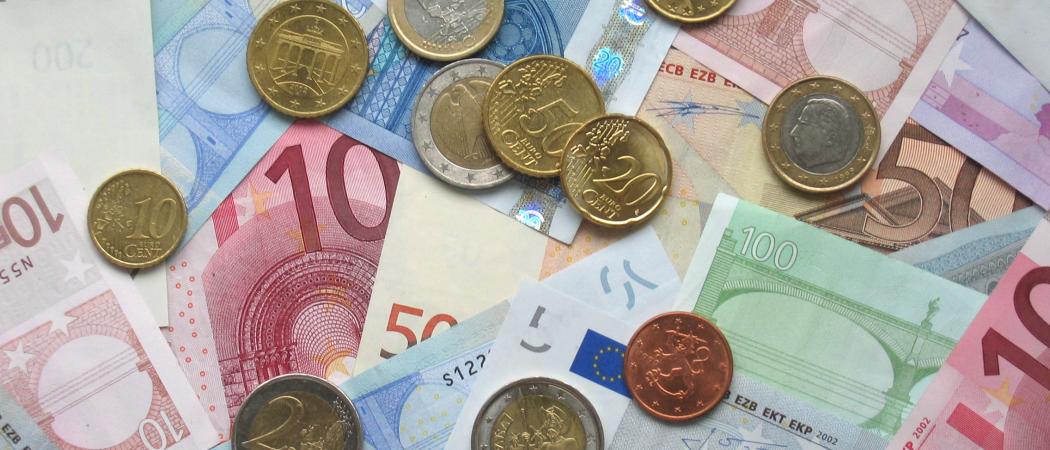Coalition urges EU leaders to boost research spending in Framework Programme 9, saying the current budget in Horizon 2020 has fallen well behind rising demand

A large coalition of university groups is calling for a doubling of the EU research budget to €160 billion in the upcoming Framework Programme 9, which gets underway in 2021.
Doubling the budget would enable the EU to emerge as a global leader in areas like future energy technologies, batteries, smart buildings, autonomous vehicles, combatting infectious diseases and the circular economy, the coalition says.
That would create an estimated 650,000 jobs by 2040 and add around 0.46 per cent to GDP, the 13 lobby groups, including the League of European Research Universities (LERU), the European University Association (EUA), the Guild and Cesaer say in an open letter published on Wednesday.
The combined submission, released as member states meet to discuss the next long-term budget at the European Council, echoes a call by European Commission President Jean-Claude Juncker last week.
A budget of €160 billion under Framework Programme 9 would make the EU “one of the world's leading players in research and innovation,” Juncker said.
“That’s a very nice signal for us,” said Kurt Deketelaere, LERU.
The current €77 billion Horizon 2020 is the largest EU research fund to date, but the university coalition says it is underfunded. “In some parts of Horizon 2020, the current budget supports less than 1 out of 5 high quality proposals,” the letter says.
Where the money comes from
However, doubling the EU budget is not a substitute for strong investment in research by member states. “We also urge the European institutions to encourage member states more forcefully to meet their commitments,” the coalition says.
With Brexit pending, it is difficult to say whether the European Commission will be able to find the money needed to double the research and innovation budget. But universities are optimistic and welcome positive political signals coming from the Commission and from some member states.
“I would say that there are a number of good signals which make us believe that it is perhaps achievable,” said Deketelaere.
In support of an overall increase in the EU budget, Juncker and budget commissioner Günther Oettinger made a joint plea for the EU27 to increase their contributions from 1 per cent of total EU gross national income to a little over 1.1 per cent. The two also agree on the need to prioritise higher spending in areas with higher added value for the EU, at the expense of cohesion and agriculture budgets.
“It’s clear that new sources of income will also have to help to match the difference,” said Deketelaere.
Oettinger has suggested it would be reasonable to cut 5 - 10 per cent from the cohesion budget and that a tax on imports of plastics could provide a new source of revenue. The Commission is also working on a tax on digital services, a new source of revenue which could be used to fund and increase in the research budget.
Some member states are ready to contribute more to the EU budget for the right priorities, such as education, research and innovation, defence, migration and security. But more work needs to be done convincing all member states to reduce cohesion and agriculture funding to double the research budget.
“We are very much aware of the challenges of moving money from other areas,” said Thomas Estermann, director for governance, funding and public policy at EUA.
The EUA is engaging its network of national university associations to persuade sceptical member states that more investment is needed in areas with high added value, such as research and innovation. Universities hope the effort will lead to a very significant budget increase.





 A unique international forum for public research organisations and companies to connect their external engagement with strategic interests around their R&D system.
A unique international forum for public research organisations and companies to connect their external engagement with strategic interests around their R&D system.